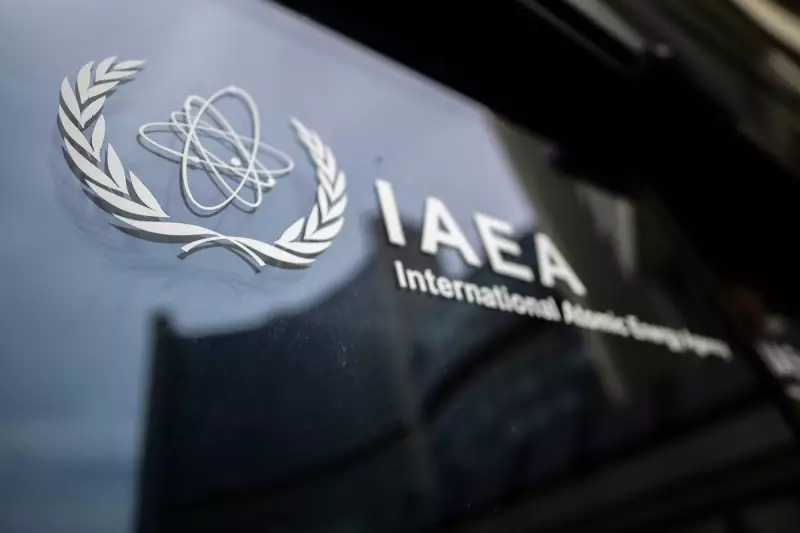
The United Nations' nuclear watchdog has been unable to verify the status of Iran's stockpile of near-weapons grade uranium for several months, creating a significant gap in international oversight of the country's nuclear activities.
Verification Breakdown Following Conflict
According to a confidential report from the International Atomic Energy Agency (IAEA) seen by The Associated Press, this verification blackout began after Israel struck Iranian nuclear sites during a 12-day war in June. The agency has not been able to access or confirm the status of the highly enriched material since that time.
The IAEA has emphasised that the situation "needs urgently to be addressed," highlighting the growing concern over the lack of transparency. This inability to monitor such sensitive material represents a major setback for global non-proliferation efforts.
Scale of Iran's Uranium Stockpile
The last official assessment from the IAEA in September reported that Iran maintains a stockpile of 440.9 kilograms (972 pounds) of uranium enriched to 60% purity. This level is considered a short, technical step away from the 90% purity required for weapons-grade material.
In a recent interview, IAEA Director General Rafael Grossi warned that this stockpile could allow Iran to build as many as 10 nuclear bombs, should the country decide to weaponise its programme. He was careful to clarify, however, that this does not mean Iran currently possesses a nuclear weapon.
Contested Purpose of Iran's Nuclear Programme
Iran has consistently maintained that its nuclear programme is intended solely for peaceful purposes. This position, however, is contested by the IAEA and Western nations, which assert that Tehran had an organised nuclear weapons programme up until 2003.
The current verification deadlock, combined with the substantial quantity of highly enriched uranium, presents a formidable challenge to international diplomacy and regional security stability. The situation demands a swift resolution to restore essential monitoring capabilities.





